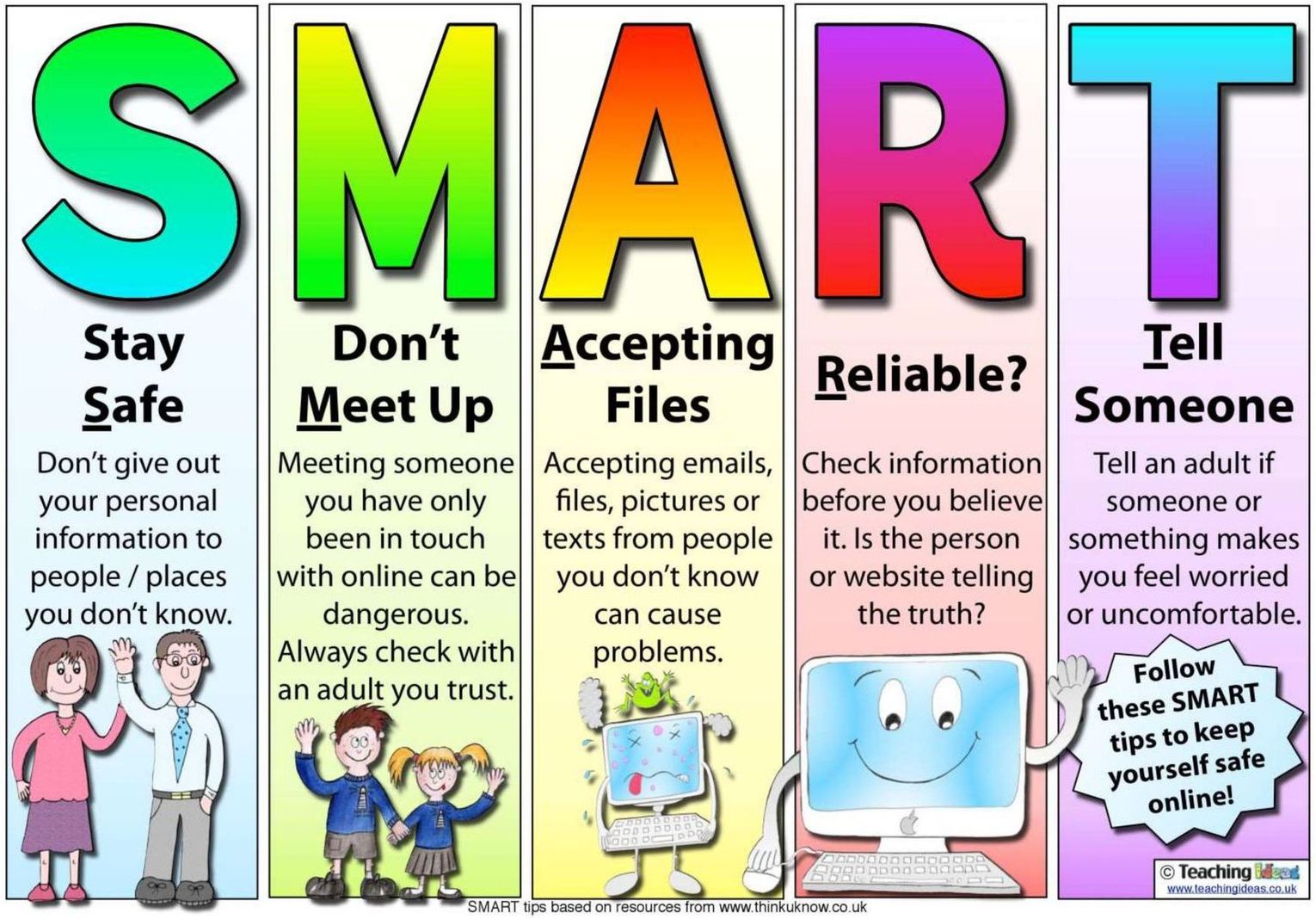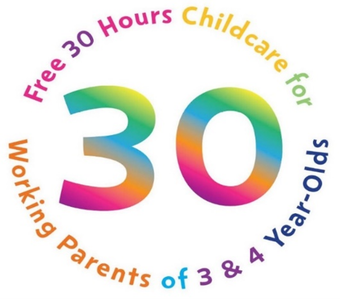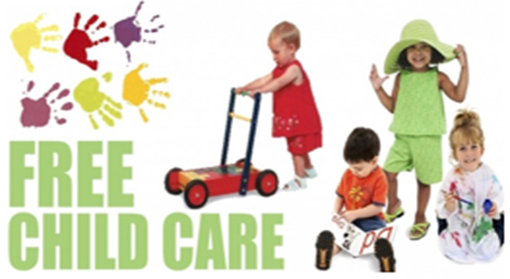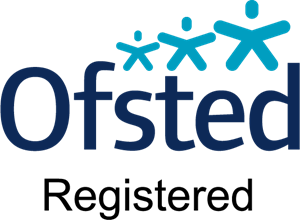ABOUT US
It is the objective of
Rainbow
On
The
Hill to provide care to all children to a standard of excellence which embraces fundamental principles of Good Child Care Practice, and that this may be witnessed and evaluated through the practice, conduct and control of quality care and learning within the Nursery setting.
It is the objective of the Rainbow
On
The
Hill to provide a friendly, clean, comfortable and safe environment which the children will find stimulating and challenging, and where enjoyment and fun are linked with discovery and learning. Staffs are sensitive and responsive to the individual needs of each child.
To meet these needs the Rainbow
On
The
Hill management is committed to achieving the following objectives:
- To deliver a Child Care Service of the highest quality that will develop, improve and sustain each child's overall quality of life.
- To ensure that the Child Care Service is delivered flexibly, attentively and in a non-discriminatory fashion.
- To ensure that each child's needs and values are respected in matters of religion, culture, race or ethnic origin, disabilities or impairments.
- To ensure that the Care Service in whole is delivered in accordance with agreed Standards.
- To manage and implement a formal programme of staff planning, selection, recruitment, training, supervision and personal development to enable Child Care needs to be met.
- To manage the efficiently and effectively to make best use of resources and to maximise value for money for the client.
- To value partnerships with parents and carers through encouraging and fostering good communications, being attentive and responsive to feedback, and by sharing information.
CELEBRATION, LOVE & OPPORTUNITIES
.
Supervision
- It is the policy at
Rainbow
On
The
Hill to ensure that the staff: child ratios required by regulations are maintained at all times. These will be as follows:
Child age under 2 Years:Ratios 1 staff: 3 children Child age 2 years to 3 Years:Ratios 1 staff: 4 children Child age 3 years to 8 Years:Ratios 1 staff: 8 children - These ratios will be maintained through all activities, including:
• those taking place within the Nursery;
• those taking place in outdoor play areas;
• during organised outings and trips. - At the start of each Nursery session parents or guardians are requested to ensure that they actually hand over their children to a member of Nursery staff. Children will never be left unattended, whether inside or outside the buildings.
4. In the event that a child needs to be sent home then the parents or guardians will be contacted to arrange collection of the child. A child will not be sent home:
4.1 in the company of anybody unknown to the Nursery, unless prior written consent has been given by the parents or guardians. In such cases proof of identity will be required before releasing the child into his / her care.
4.2 in the company of any person under 16 years of age.
5. Whenever a child is sent home records will show the following:
• the date and time the child left the Nursery;
• identity of the person accompanying the child;
• reason for sending the child home.
6. At the end of each Nursery session there will be a 15-minute period allowed for the child to be collected. After that period if the child still has not been collected, and no prior arrangements have been made for late collection, Nursery staff will contact the parents or guardians using the emergency contact numbers on file.
7. In the event that emergency contact has not been possible, and contact has still not been possible one hour after the end of the Nursery session, then the Nursery Manager will contact Social Services to arrange for them to take charge of the child.
CURRICULUM
THE CURRICULUM IS BASED ON THE STATUTORY FRAMEWORK FOR THE EARLY YEARS FOUNDATION STAGE
SETTING THE STATIONS FOR LEARNING, DEVELOPMENT AND CARE FOR CHILDREN FROM BIRTH TO FIVE. EVERY CHILD MATTERS. [Dfes, 2007]
The EYFS principles which guide the work of practioners are grouped into four distinct complementary theme:
- A Unique Child
- Positive Relationships
- enabling Environments
- Learning and Development
Effective practice in the EYFS is built on these four guiding themes. They provide a context of the requirements and describe how practioners should support the development, learning and care of young children. The themes are each broken down into four commitment describing how the principles can be put in practice.
* A Unique Child recognises that every child is a competent learner from birth who can be resilient, capable, confident and self-assured. The commitments are focused around development ; inclusion; safety; and health and well-being.
* Positive Relationships describes how children learn to be strong and independent from a base of loving and secure relationships with parents and/or key person. The commitments are focused
around respect; partnership with parents; supporting learning; and the role of the key person.
* Enabling Environment explains that the environment plays a key role in supporting and extending children's development and learning. The commitment are focused around observation, assessment and planning ; support for every child; the learning environment; and the wider context - transitions, continuity, and multi-agency working.
* Learning and Development recognises that children develop and learn in different ways and at different rates, and that all areas of learning and development are equally important and inter-
connected.






